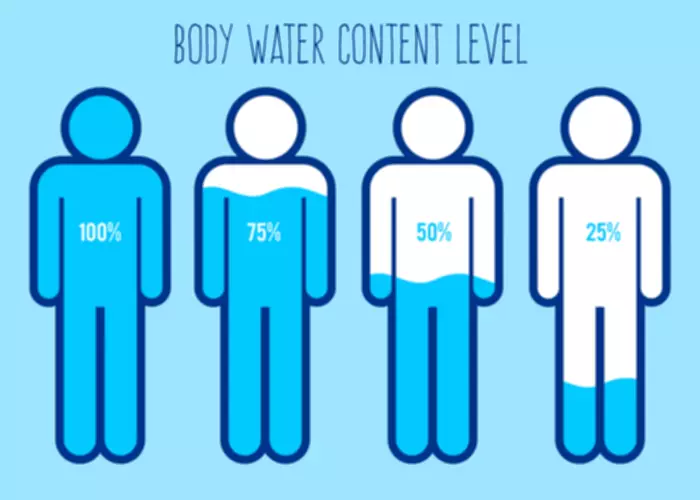Content
- The NPI-16 as a short measure of narcissism
- Setting Boundaries with an Alcoholic
- How to cope with the challenges of relating with narcissists or addicted people
- Where to find support if you’re experiencing NPD or AUD
- Rate of Recovery With Mental Illness
- Personality moderates the relationship between uncertainty and political violence: Evidence from two large U.S. samples
- Does Alcohol Make Narcissistic Behavior Worse?
It found that narcissism was a predictor of alcohol consumption and alcohol-related problems. In fact, some research suggests that alcohol misuse might be more common among people who have narcissistic tendencies. Alcoholism, or alcohol use disorder (AUD), is an addictive disorder where people cannot control or stop their use of alcohol. People with AUD may be unable to reduce or stop drinking despite experiencing the negative effects of alcohol or a desire to quit. You should start by exploring peer support groups like Al-Anon that help families and loved ones living with people with AUD. You can also find narcissist abuse support groups, both online or in-person, through organizations like Help Within Reach.
Why are narcissists addicted?
Our body remembers how it felt to be near the narcissist. We long to be close to him or her again because it was exactly what we believed we needed; it felt like what we needed; it was what we needed. Think of the narcissistic relationship like a heroin addiction, or a cocaine addiction.
Along with emotionally or physically neglecting their loved ones, they sometimes commit physical abuse. During cognitive behavioral therapy (CBT), a person identifies thought patterns https://ecosoberhouse.com/ that lead them toward abusive behaviors. With the help of a therapist, they work to overcome those patterns. The treatment paths for both disorders are similar to each other.
The NPI-16 as a short measure of narcissism
Likewise, people with AUD can successfully recover from the disorder. Therapy, a strong support system, and self-care strategies can help you make a full recovery. With both conditions, the benefits of therapy depend on your willingness to work on yourself.
Denial manifests for alcoholics in many ways, such as saying they can stop drinking anytime they want, lying about when they drank, or refusing to acknowledge that their drinking has costs. If someone you know exhibits destructive, selfish behavior—and can’t be held accountable for it due to their drinking—it can be hard to decipher if you’re dealing with an alcoholic or a narcissist. After all, this behavior seems to fit the bill for both conditions. Below, we’ll dive into just how strong the link between narcissism and alcoholism is, the similarities and differences of these disorders, and what to do if you or someone you love shares these traits. When working with highly trained and compassionate professionals, alcoholics receive holistic treatment.
Setting Boundaries with an Alcoholic
Due to a tendency to use poor self-regulation strategies, narcissists may be particularly prone to engaging in alcohol use through IC, (Dowgwillo, Dawood, & Pincus, 2016; Vazire & Funder, 2006). We need a recovery program for the self-absorbed” – Patti Maguire Armstrong (2014). Historically, narcissism has been deemed excessive selfishness or self-admiration. The complete sonnets and poems of Shakespeare (Shakespeare, 1912) recanted the Greek story of Narcissus, narcissism and alcoholism who fell in love with his own reflection, while ignoring a chance for a real relationship. Psychoanalysts as early as Sigmund Freud (1914) described a developmental stage in children in which their egos lack concern for anyone else's needs, which he referred to as primary narcissism. According to Freud, individuals severely traumatized during this developmental period never leave the ego-driven state, even as adults, leaving them incapable of caring for others.

Vulnerable alcoholic narcissists are usually trying to hide an underlying shame and use alcohol to cope. Unlike grandiose narcissists, they are likely to admit that they have a problem with alcohol. If you think you have either or both conditions, it’s best to talk with a mental health professional for a diagnosis. According to the National Institute of Mental Health, 22.6% of people with a personality disorder may also have a substance misuse disorder. You could start by engaging with a mental healthcare provider or treatment center that specializes in dual diagnoses.
